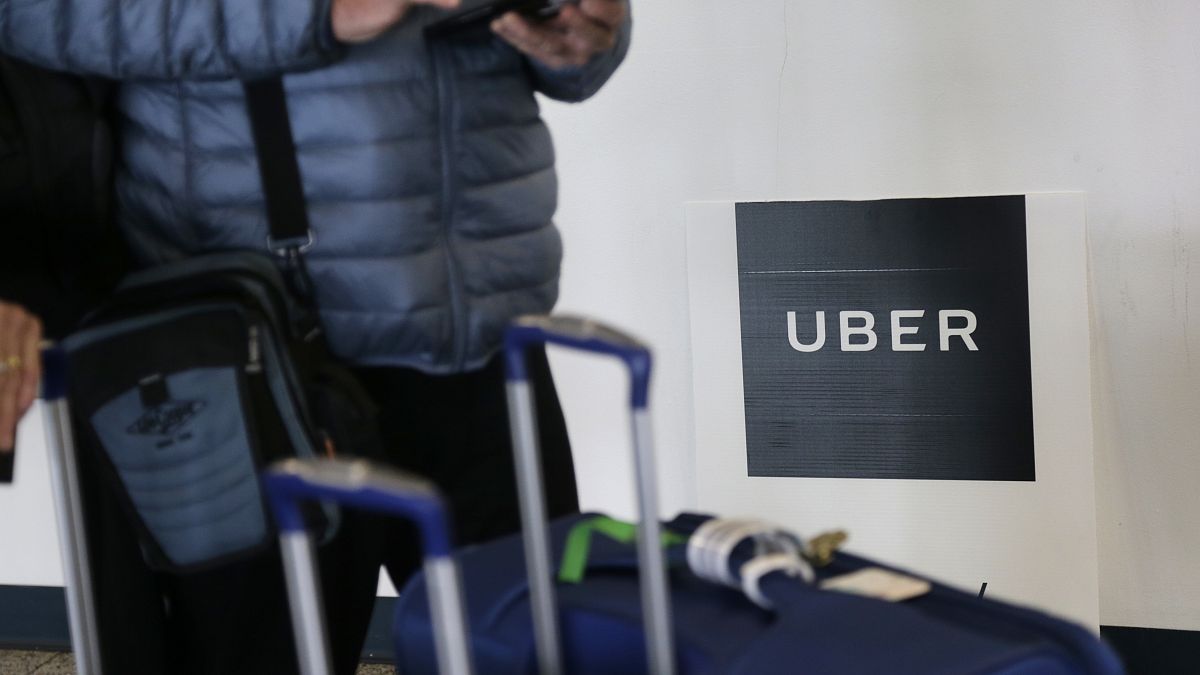EU diplomats have approved a reform to VAT rules that would lead to tax increases on short-term rentals and taxi-style services, including platforms such as Airbnb and Uber. Estonia, home to Bolt, raised concerns over the treatment of online platforms and their suppliers, but ultimately dropped its opposition. The redrafted text includes a longer transition period, making the rules voluntary until July 2028 and mandatory from January 2030. The new plans make online platforms responsible for registering for the tax, rather than their end users. Lobbyists for the hotel industry argue that digital rivals have an unfair advantage, while critics claim the new rules will lead to double taxation and higher prices in the travel sector.
The European Commission introduced the plans in December 2022, aiming to bring online services under VAT regulations, but faced challenges in gaining approval from all EU member states. The conventional hotel industry argues that digital platforms have an unfair advantage, while some critics claim that the new rules will lead to double taxation, harm small providers, and raise prices in the travel sector. The agreement in principle paves the way for finance ministers to formally endorse the measures at a meeting on 5 November. This move is part of Brussels’ efforts to regulate digital services, following a previous deal to improve labor rights for platform workers like Uber and Deliveroo drivers.
Estonia’s concerns over the administrative burden were addressed by offering a flexible regime for exempting small businesses, easing their transition into the new VAT rules. The reformed regulations will go into effect in 2030 after a voluntary period starting in 2028. Online platforms like Airbnb, Vrbo, and Uber will now be directly responsible for registering for VAT, shifting the burden from their end-users. The aim is to harmonize VAT regulations for online services across the EU, ensuring that these platforms pay their fair share of taxes.
The debate over the new VAT rules has been fierce, with traditional hotel industry lobbyists arguing that digital platforms have an unfair advantage. In contrast, platforms like Bolt have highlighted that small-scale taxi drivers may not be liable to pay VAT under the new rules. Critics, including the European Holiday Homes Association, claim that the regulations will unfairly disadvantage services sold through platforms, lead to double taxation, and raise prices in the travel sector. Despite these concerns, the agreement in principle signifies a step forward in bringing online services under VAT regulations.
The diplomatic agreement on VAT reform represents a significant milestone in the EU’s efforts to regulate digital services and ensure fair taxation across the bloc. The reform will require online platforms like Airbnb and Uber to register for VAT directly, rather than relying on their end-users to do so. Critics argue that the new rules will disadvantage services sold through platforms, leading to double taxation and higher prices. However, the EU officials aim to address these concerns by offering exemptions for small businesses and implementing a longer transition period. With the endorsement of finance ministers expected in November, the reform is set to reshape the taxation landscape for online services in the EU.
In conclusion, the approval of the VAT reform by EU diplomats represents a significant step towards regulating digital services and ensuring fair taxation for online platforms. The reformed regulations will make platforms like Airbnb and Uber directly responsible for registering for VAT, shifting the burden from their end-users. Despite concerns raised by critics about potential disadvantages and higher prices, the agreement in principle signals progress in harmonizing VAT regulations across the EU. As finance ministers prepare to formally endorse the measures, the implementation of the new VAT rules in 2030 will reshape the tax landscape for online services in the EU.











